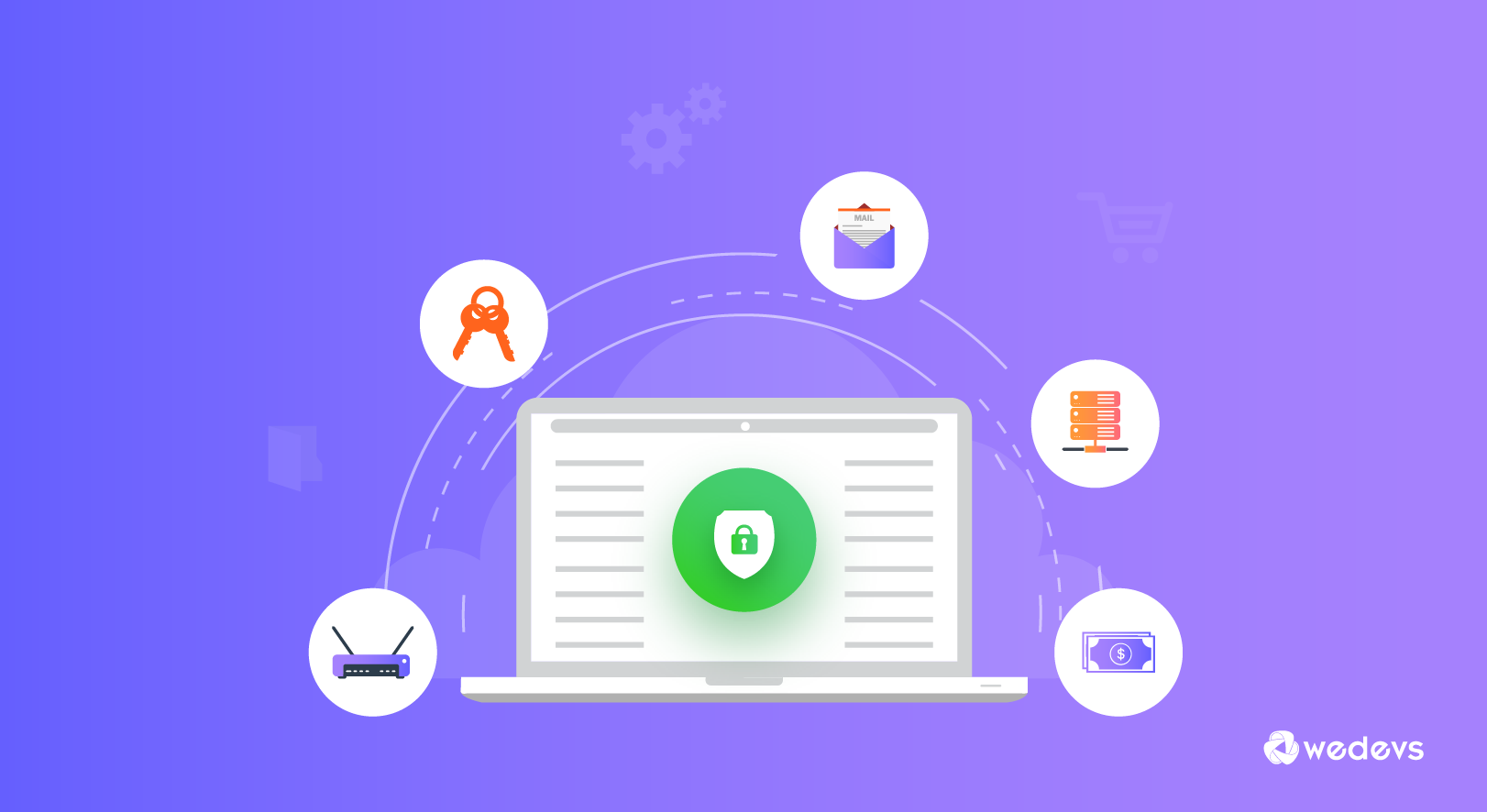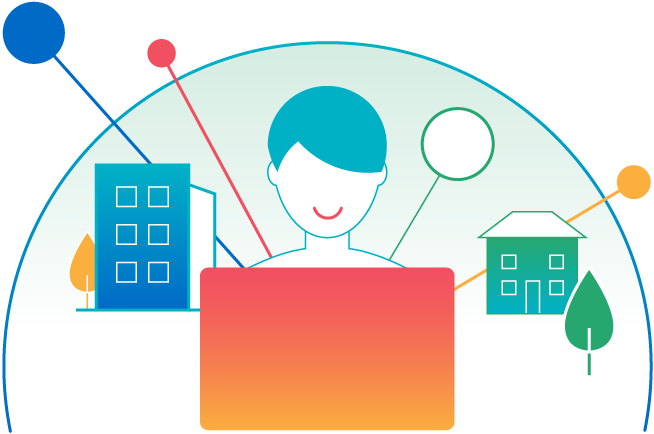PC Security refers to technologies used to secure PCs, laptops and other personal devices on a network . PC security deals with both private and public computer networks. Any unauthorized and illegitimate access is restricted from infecting any virtual information, equipment and services. PC security is critically important to prevent change or damage that can be caused due to any malicious threats. PC security is also referred to as IT security or cyber security.


PC security is considered to be more important for the following reasons
- To prevent data theft
- To prevent theft or destruction to hardware
- To prevent any software or service getting disrupted
Security developers are working more in providing PC security to both individuals and organizations with advanced and next level generation technologies to overcome malware related issues Antivirus, Firewall and Internet Security software, cloud storage are the basic components that deals with PC security.
Antivirus: Antivirus software helps to scan and detect any kind of malware that includes viruses, worms, rootkits, keyloggers, ransomware and more. Frequent updates and fixes on security issues of antivirus are very much important and should be made available to the users to update, even before the vulnerability affects the users system.
Firewall: A firewall does not allow unauthorized access on the users’ system while connected to the network. All that enters in out of the internet, has to pass through the firewall, hence gets examined and if the messages are found to be unauthorized and do not satisfy the security rules, they are blocked instantly.


Internet Security Suite: An internet security suite provides a multi-layered security approach hosting antivirus, firewall, anti-spyware, Behavior analysis, Virus scanning, scheduled scanning and more. Enhanced versions of internet security suite implements heuristics based protection and prevention.
Cloud Storage: This helps to secure the users’ data and contributes to PC security. The data, when stored in your PC, occupies a lot of memory, to avoid this and to secure it from the malicious hackers, the data can be stored over the cloud, by managing a cloud storage account and hence help secure data.
Software should follow students wherever and whenever they need it. Apps Anywhere gives Higher Ed IT a way to deliver apps to any device across campus – and many off campus, too – on-demand. You can also maintain full control over who accesses what so you can comply with licensing restrictions.
Research shows that 75% of students expect to access software at any time. Students love the flexibility of being able to get apps whenever they need them and not being tied to the restrictive opening hours of on-campus computer labs. Improve the learning experience by delivering apps on-demand, anytime.

